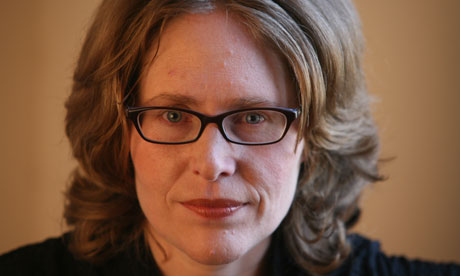
When people think about loneliness, they often think about something trifling, about a feeling that passes in hours or days. My experience of loneliness wasn't like this. It didn't lift. It lasted for years.
In my early 30s, as my friends became parents and partners, and after I'd watched my father die of cancer, my life, which had previously been quite social, began to tilt. I started work at a small law firm where I was often on my own. I lived alone. I could spend evening after evening cooped up in my flat, and I was often faced with weekends that offered little or nothing in the way of company.
As my isolation persisted, my feelings of loneliness began to change. I think it's this long-term, intense loneliness that many people don't understand. They don't realise that loneliness can come alive, that it can start to snap and hound at a life.
By the end of my first year of loneliness, I had voices running through my head. It's said that everyone talks to themselves, but not like this – not with rapid-fire conversation giving way to arguments giving way to tears. To tone down the imagined conversations, I kept a journal, but my journal-keeping collapsed into sessions of self-scrutiny, as I tried to understand just what it was about me that was leaving me so lonely.
I felt a certain dumbing down in the midst of my loneliness. I couldn't read as quickly or as well as I used to. I wasn't as imaginative. I said less. Without people around me, I began to feel as though I were taking up less space. I sometimes felt so ungrounded, so immaterial and unreal, that I thought I might just drift away.
There was a relentlessness to my loneliness. It haunted me. I felt lonely on the tube, where I'd overhear women gossiping about their boyfriends; I felt lonely at work, when my boss's young daughter came rushing in; I felt lonely as I left for home, knowing that there would be no one there to greet me. I'd dream of isolation – I'd be calling around, trying to find the address of a party no one could tell me how to get to – or wake from dreams of togetherness only to find myself alone.
I changed. This was the hardest thing to accept – that I couldn't be lonely and remain myself. I became less spontaneous, less confident and secure. Interacting with others, I had to hide my feeling of marginalisation, and since marginalisation had come to define my life, I wound up hiding most of myself. I wanted to turn back into the former me, the connected me, but I couldn't find my way back. Loneliness seemed to have dropped me somewhere deserted, without compass or map or much hope of return.
That sense of being lost, of having to do daily battle with loneliness, lasted for four exhausting years. Those years saw my sleep go haywire, my body grow fat, and my sense of self shatter.
And what bothers me most is that no one asked me what was happening. Friends and relatives probably had some sense that I was lonely, but they couldn't peer inside the state and appreciate what was really taking place. My life was unravelling amid constant, unspoken suggestions that loneliness didn't matter, that it wasn't really "real".
It was real. My loneliness swallowed me up. I fear it descending again. And what I fear is something substantive, like fearing a car crash. I know what happens when you're lonely. I know about the voices, the sense of vanishing, the horrible envy of others. No one should have to endure years like that. No one, especially, should have to endure years like that when everyone around them thinks that loneliness is something trivial, something that hardly affects you at all.
Emily White is the author of Lonely: A Memoir, published by HarperCollins.

